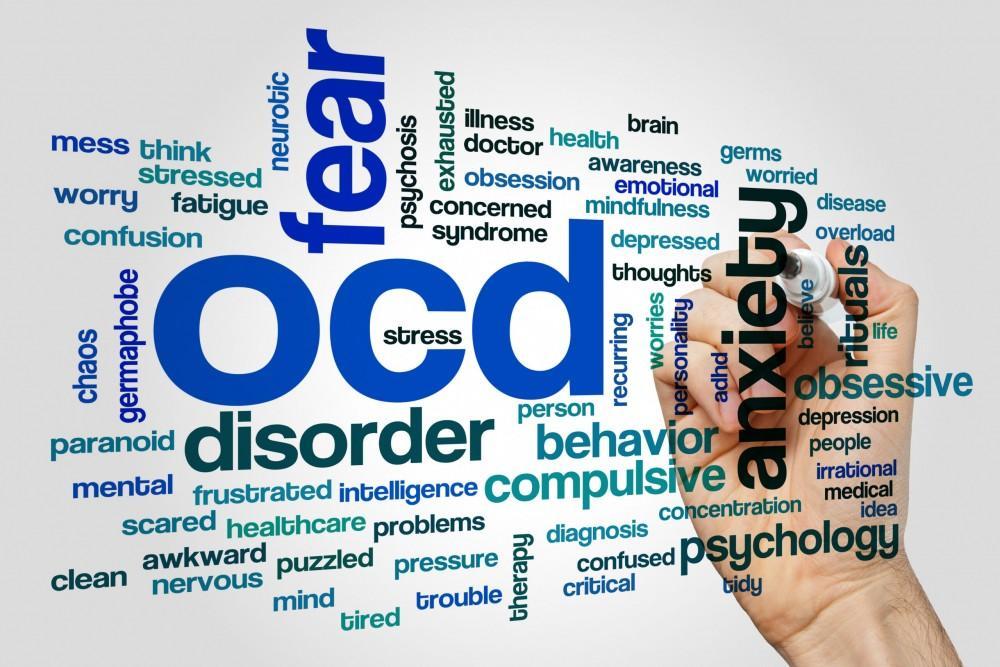Obsessive-compulsive disorder (OCD) is an anxiety disorder that causes individuals to have constant disruptive thoughts or ideas and/or compulsive behavior. It can also drive repetitive behavior such as checking and rechecking things, repeated hand-washing, and can be emotionally disruptive and distressing. The National Institute of Mental Health estimates that OCD affects more than 2 million people in the United States.
Individuals who suffer from OCD have thoughts and actions that disrupt their daily life and even social interactions. The obsessions or compulsions can become time-consuming and cause them to have problems with work and relationships.
OCD symptoms can begin in childhood, adolescence, early adulthood, or even during pregnancy and the average age for symptoms is around 19 years old. People who suffer from OCD may understand their obsessions are unnecessary but may still find the thoughts to be repetitive, intrusive, and unwanted and they may be unable to stop their compulsive behavior.
Symptoms of OCD can include both obsessive and compulsive behaviors.
Signs or symptoms of obsession can include:
• Repeated unwanted ideas
• Fear of contamination
• Aggressive impulses
• Persistent sexual thoughts
• Images of hurting someone you love
• Thoughts you might cause others harm
• Thoughts that you might be harmed
• Signs or symptoms of compulsive behavior include:
• Constant checking
• Constant counting
• The repeated cleaning of one or more items
• Washing your hands repeatedly
• Constantly checking/rechecking locks or appliances
• Arranging items to face a certain way
People who suffer from OCD often have reoccurring thoughts and images in their minds that can be disturbing or horrific. These thoughts may be based on an event in that person’s life, or they may occur for no real reason. Sadly, they then begin to think that these are their “real feelings”, which they typically are not! OCD sufferers may also feel the need to check on either items or people, fearing that if they don’t check, something bad may occur. This can include everything from repeatedly checking that doors are locked to checking that appliances are turned off.
Another issue for OCD sufferers can be an obsession with cleanliness, and a need to take multiple showers or baths, clean every inch of their home, or even obsessive hand washing.
Hoarding can be another symptom of OCD. Hoarding is when an individual becomes emotionally attached to items that are worn out or no longer useful. The idea of parting with these items causes great emotional stress to the owner of the item.
Emotional Symptoms of OCD
Those who are suffering the symptoms of OCD can seem anxious and emotional. They can also display non-OCD symptoms, including signs of depression, excessive worry, tension, and the constant feeling that nothing is ever right.
Treatment and Therapy for OCD Patients
If you or a loved one exhibits signs of OCD, it is important to seek the guidance of a medical professional who is experienced in treating these disorders. Depression can also be present in those suffering from OCD so it’s important to get an evaluation from a qualified healthcare professional. Through professional psychiatric evaluation and treatment and the use of anti-anxiety or anti-depression medication therapy, patients can see positive results and gain back a life lessened of overwhelming worry and actions. Contact Washington Center for Women’s and Children’s Wellness for an appointment at 301-881-9464.








